Guest Article
Global ban on animal testing: where are we in 2019?
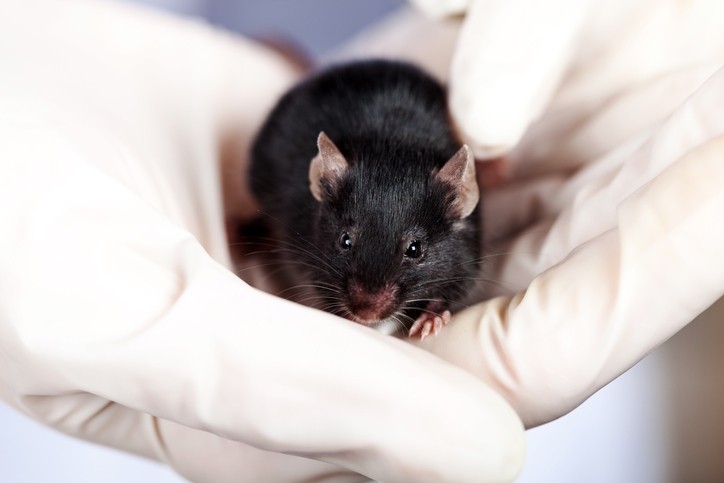
On 3 May 2018, the EU Parliament urged for a worldwide ban on testing cosmetics on animals by 2023.
There are over 40 countries worldwide so far, which banned or restricted animal testing on cosmetics and cosmetic ingredients but there is still a large part of the world where animal testing of cosmetics remains a practice.
EU and the history of the ban
First steps towards the animal testing ban of cosmetics were made in 1993, with first EU provisions on marketing ban of cosmetics tested on animals.
The ban was postponed due to a lack of alternative methods until 2004 when the animal testing ban on finished products was introduced.
In 2009, the testing ban on cosmetic ingredients was passed together with the ban on marketing of finished products. Although at that time, testing on animals was still allowed for repeated-dose toxicity, reproductive toxicity and toxicokinetics.
In 2013, all European countries banned production and marketing of cosmetics and ingredients tested on animals, irrespective of the availability of the alternative testing methods.
Countries that make up the European Free Trade Association (EFTA)- Norway, Switzerland, Iceland and Liechtenstein followed the EU and introduced the testing ban. With this complete ban, Europe became the leader in this area, and its cruelty-free regulatory framework still serves as a model for other countries in the world.
Alternative methods to animal testing
In 2011 and under Directive 2010/63/EC, the European Centre for the Validation of Alternative Methods (ECVAM) has become the European Union reference laboratory for alternatives to animal testing (EURL-ECVAM).
The US followed with the establishment of the ICCVAM, Japan with JaCVAM, Korea with KoCVAM and Brazil with BraCVAM.
According to the latest Commission Report on development, validation and legal acceptance of methods alternative to animal testing, there is ongoing progress in this area. Nevertheless, there is more research needed as there are still no alternative methods that could fully assess all toxicological endpoints. However, development is being made with EU-funded projects such as EU-ToxRisk.
Countries outside the EU that have banned or are in the process of phasing out animal testing of cosmetics
As the EU Member State, the UK banned animal testing on cosmetics. But with Brexit approaching, it is not completely sure what the future holds.
However, according to the UK government, the plan is to keep the current marketing ban on cosmetics tested on animals even after Brexit.
Countries that followed the EU and became cruelty-free in the field of cosmetics are Israel, Turkey, India, Taiwan, South Korea, New Zealand and Guatemala.
Countries in the process of phasing out animal testing of cosmetics are Ukraine, Russia, Argentina, Chile, Colombia, Canada, Brazil, Japan, the US and Australia.
The latter recently became the latest country that has passed the bill to ban animal testing on cosmetics.
In Brazil, 6 out of 26 states, including São Paulo, have banned animal testing on cosmetics. California recently became the first state in the US to implement the law against animal testing on cosmetics as well as sales of such cosmetics.
The US has introduced the Humane Cosmetics Act to ban animal testing on cosmetics back in 2015, but it has not been implemented to this day. However, the FDA does not implicitly require animal testing for cosmetics.
It is similar in Japan and in ASEAN countries, where there is no law that would either ban or require animal testing, although it is mandatory for ‘Quasi-Drugs’ in Japan to undergo animal testing.
China – is an animal testing ban on the horizon?
Chinese legislation still requires animal testing for all imported cosmetics, but for domestic non-special use cosmetics, it is not obligatory to test on animals. However, China is slowly moving towards the cruelty-free future.
In 2017, Zhejiang FDA opened a non-animal testing laboratory, and the following year, China established the China Working Group for the Validation of Alternative Methods.
Recently, Cruelty-Free International together with KnudsenCRC launched Leaping Bunny Pilot Project, to enable cruelty-free cosmetic companies to produce and sell cosmetics in China, without the need to perform tests on animals.
EU testing ban at risk?
According to the EU Regulation (EC) No 1223/2009, marketing of cosmetics or its ingredients that have been tested on animals is banned unless the testing was done in order to meet the requirements under REACH Regulation.
European Chemicals Agency (ECHA) states that Cosmetic Regulation does not trigger testing under REACH if the testing is required for environmental endpoints or the substance is also used for non-cosmetic uses.
However, according to REACH, animal testing should be the last resort and used only if the necessary data is unobtainable from other sources. Further information can be found in ECHA’s factsheet, which was published in order to explain interference between REACH and Cosmetic Regulations.
This issue has sparked many debates, and Cruelty-Free International has recently started a petition to stop the undermining of the animal testing ban by ECHA.
Tjaša Grum works with cosmetics consultancy CE.way Regulatory Consultants.
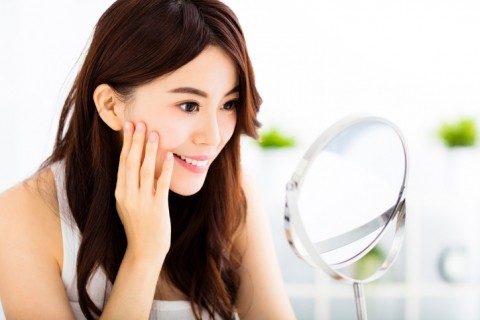
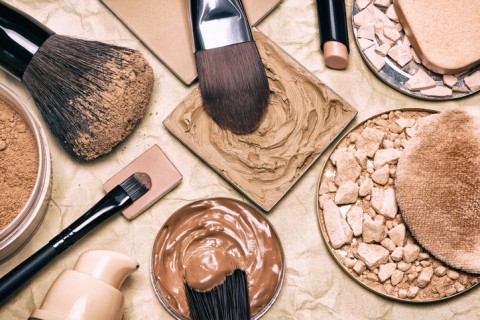
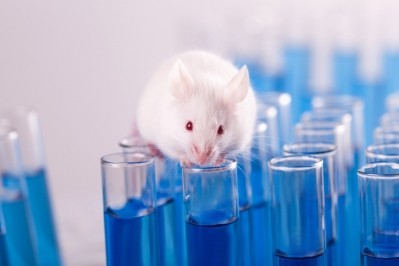

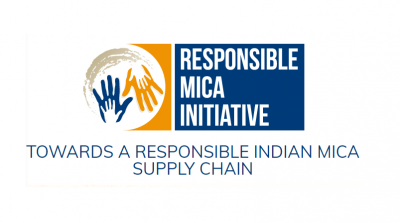
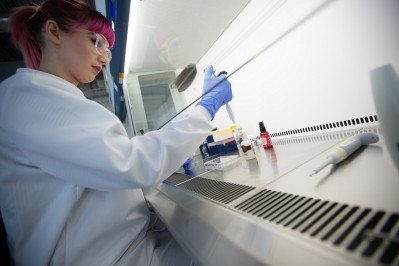

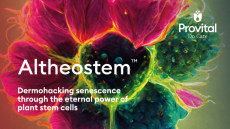

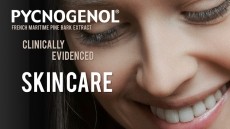


![Chinese study highlights mental health challenges in atopic dermatitis, emphasising holistic patient care. [Getty Images]](https://www.cosmeticsdesign-europe.com/var/wrbm_gb_food_pharma/storage/images/_aliases/wrbm_tiny/publications/cosmetics/cosmeticsdesign-asia.com/headlines/formulation-science/chinese-research-linking-atopic-dermatitis-to-mental-health-underscores-need-for-holistic-care/17040623-1-eng-GB/Chinese-research-linking-atopic-dermatitis-to-mental-health-underscores-need-for-holistic-care.jpg)








